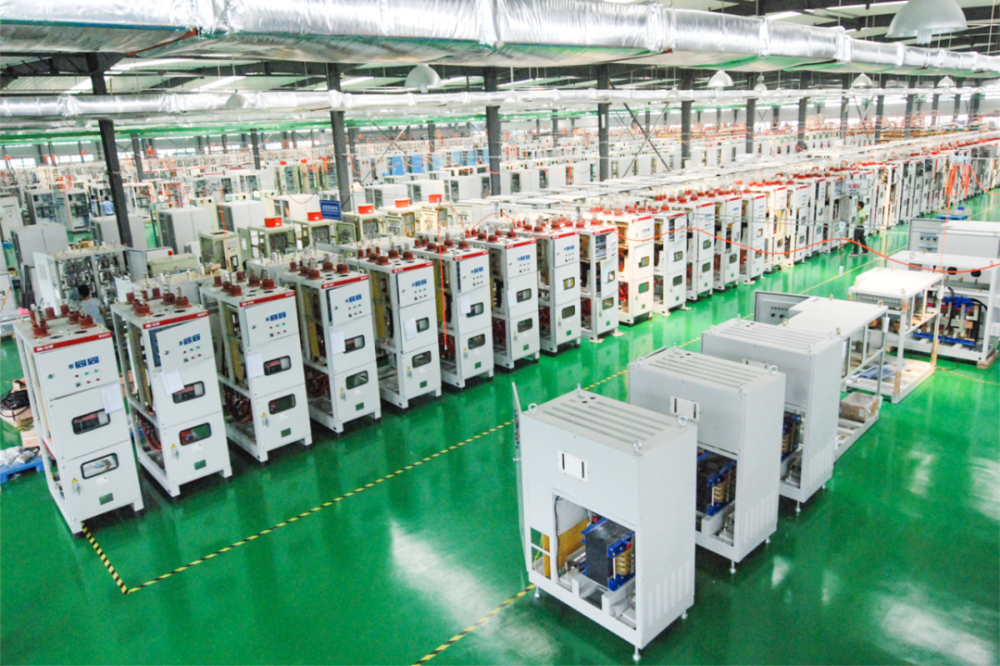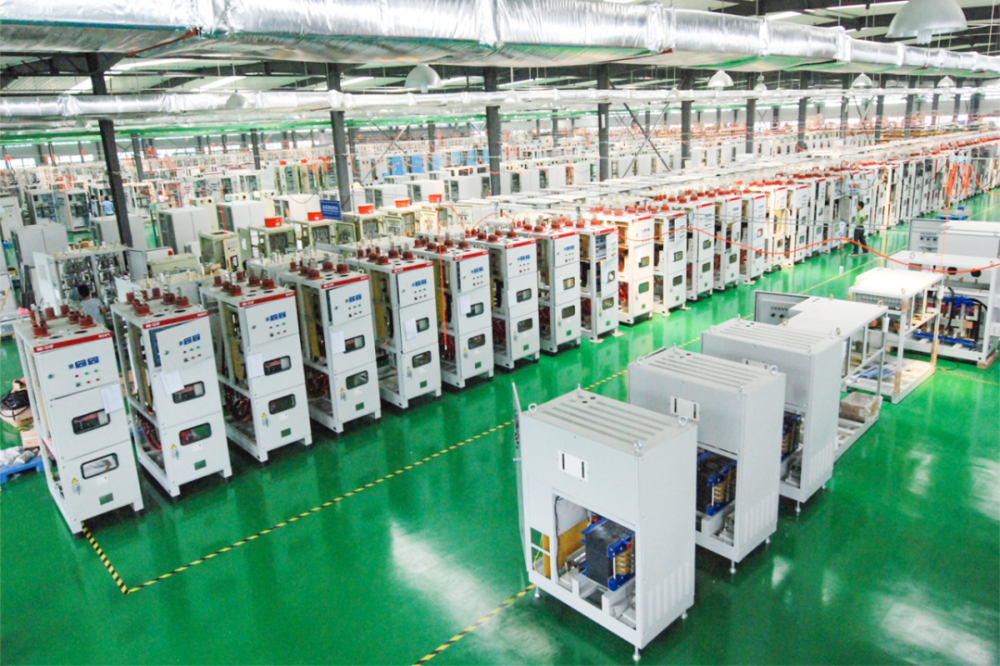 As the world heads toward sustainable energy solutions, solar power has its dominant place already carved in the circle of renewable energy. You will need a solar lithium battery for this purpose—to store and utilize the power to the fill, whether it is for housing your home using solar panels or to power your off-grid recreational vehicles. This is a comprehensive guide to lead you through the best selection for a solar lithium battery.
As the world heads toward sustainable energy solutions, solar power has its dominant place already carved in the circle of renewable energy. You will need a solar lithium battery for this purpose—to store and utilize the power to the fill, whether it is for housing your home using solar panels or to power your off-grid recreational vehicles. This is a comprehensive guide to lead you through the best selection for a solar lithium battery.
Understanding the Solar Lithium Batteries
One should gain an understanding of what solar lithium batteries are before venturing into the world of the selection of such a battery. These batteries are made using lithium-ion technology and are basically the energy storage units where the energy produced by solar panels is stored. They are very long-lasting, rather efficient, and quite compact. The batteries for this particular system significantly surpass the older technologies of lead-acid batteries in several aspects: lifespan, depth of discharge, and charge cycles. Additionally, considering options like the RANKTOP off grid inverter can enhance your solar setup for maximizing energy use.
Key Advantages of Lithium Batteries
Longevity
Run from ten to fifteen years; the lead-acid batteries traditionally last only from three to seven years.
Efficiency
This literally translates to a round-trip efficiency level of 90-95% in lithium batteries, meaning they use energy better.
Depth of discharge
In most cases, lithium batteries will give an average DoD of up to 80-90%; that would mean you can actually use most of the capacity of the battery without harming it.
Size and Weight
Lithium batteries are space-saving as compared to lead acid, which has a much bigger size and weight.
Maintenance-Free
A lithium battery is minimum or maintenance-free.
 Factors One Should Look Into For Selection of Solar Lithium Battery
Factors One Should Look Into For Selection of Solar Lithium Battery
There are several factors one needs to keep in mind when selecting a solar lithium battery. Let us mention all of them for you:
Capacity (Ah Rating)
The amp-hour capacity of a battery relates to its energy storage ability. A higher Ah rating prolongs the time it takes to recharge your appliances before they need to be recharged again. To find out what your capacity requirements are, you need to work out how much energy you generally use each day and how long you would like your battery to last without being recharged.
Solar lithium batteries are offered with all types of voltage options, such as 12V, 24V, and 48V systems. Ensure the battery voltage is permissible with the solar panel and inverter. On a general note, having a higher voltage system, like 48 volts, is much more efficient for bigger installations.
Cycle Life
Cycle life describes how many total charge/discharge cycles a battery can go through before failing to retain a predetermined amount of charge (often 80%). The typical cycle life for lithium cells is 2000 to over 5000 cycles. A higher cycle life means a better value over time.
Discharge Rate
It will tell how fast energy can be taken out of the battery. For high-demand devices, such as refrigerators or power tools, the continuous discharge rating in amps should be high. Be careful not to compromise on performance with too many concurrent loads on the battery.
Temperature Range
Battery performance can be affected by temperature. Lithium batteries can operate efficiently in a wider temperature range compared to lead-acid batteries, but you still need to check the manufacturer’s specifications. If you live in an area with extreme temperatures, consider a battery that can withstand those conditions without performance degradation.
Safety Features
Safety is of prime importance when dealing with any energy storage systems. Look for batteries that include a management system that prevents them from overcharging, overheating, and even short-circuiting. Certifications of these batteries from the regulatory agencies also ensure that they meet safety standards.
Warranty and Support
A good warranty shows the manufacturer stands behind their product. Most quality lithium battery manufacturers give warranties lasting up to 10 years. You also want to check whether the customer support service options are available. This may be critical in troubleshooting and maintenance.
